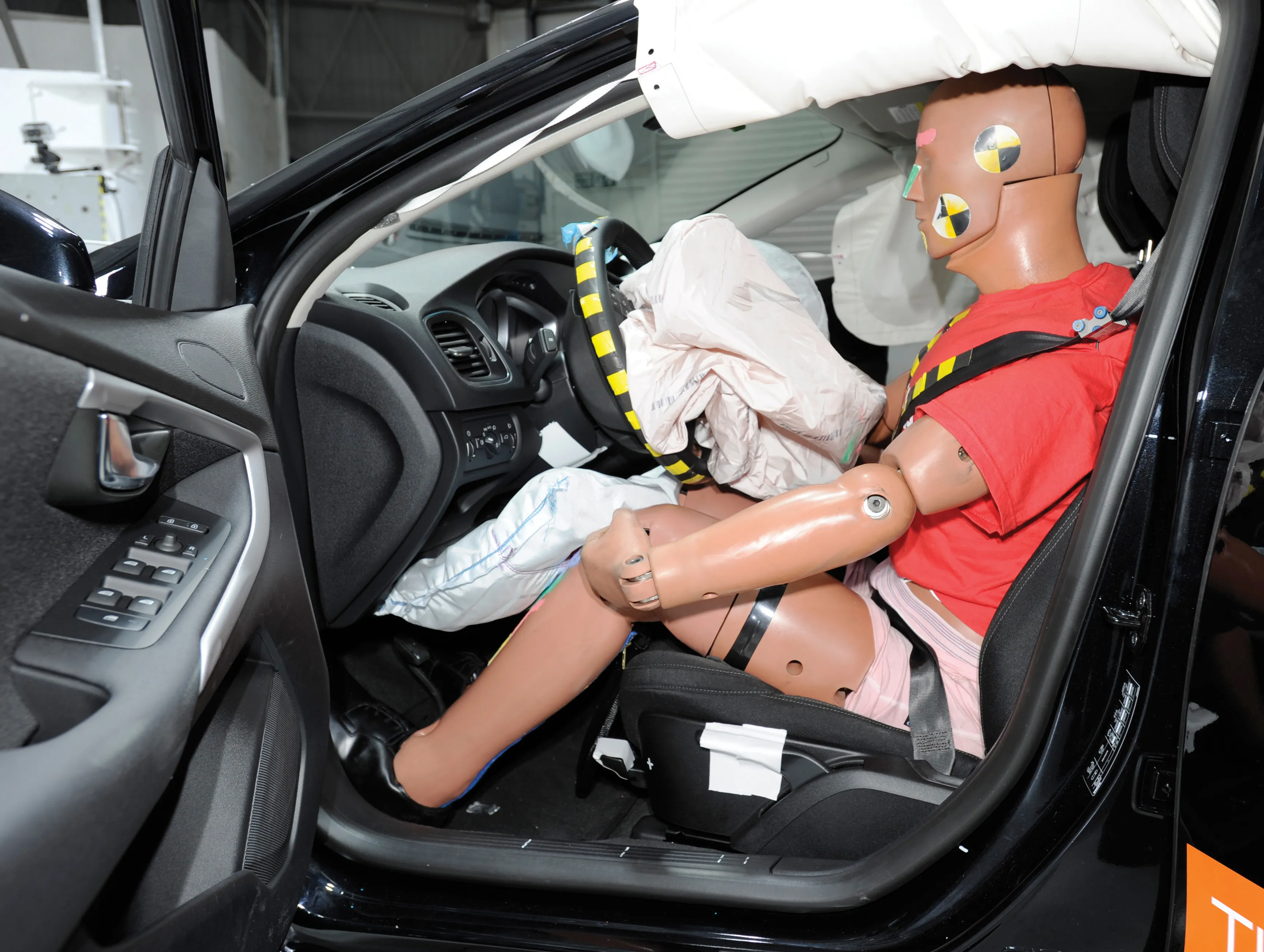British men are 6.4% more likely than British women to pass their practical driving test, according to road safety charity the IAM. But while young men are more likely to pass their driving test, they are also three times more likely to be killed or seriously injured (KSI) behind the wheel. The IAM findings are a result of analysing pass rates statistics from the Department for Transport (DfT) published in August 2012 for the financial year 2011-2012.
September 19, 2012
Read time: 2 mins
British men are 6.4% more likely than British women to pass their practical driving test, according to road safety charity the IAM. But while young men are more likely to pass their driving test, they are also three times more likely to be killed or seriously injured (KSI) behind the wheel.
The IAM findings are a result of analysing pass rates statistics from the5432 Department for Transport (DfT) published in August 2012 for the financial year 2011-2012.
For example, the pass rate for men in Bradford (Heaton) is 39%, compared to 26 per cent for women. In 2010 in Bradford, 22 young male drivers were killed or seriously injured in car accidents, while just four young female drivers were.
Other areas which reported a significantly high gender gap for test passes were Wolverhampton, where men are 12.6 per cent more likely to pass their test. In 2010, 13 young male drivers and one woman were involved in KSI crashes.
In Birmingham (South Yardley) men are 12.6% more likely to pass their test, while there were 38 young male drivers from Birmingham in KSI incidents in 2010, and six young female drivers.
IAM chief executive Simon Best said: “As men make up the majority of drivers, a slight variation in figures can be expected. However, these figures suggest something is going wrong with the way we teach new drivers to cope with risk on the road. Unless we can crack the gender problem in road safety, young men will continue to die in higher numbers.
"These findings must be used to inform research to find out why pass rates and causes of fatal car accidents vary so much between men and women."
The IAM findings are a result of analysing pass rates statistics from the
For example, the pass rate for men in Bradford (Heaton) is 39%, compared to 26 per cent for women. In 2010 in Bradford, 22 young male drivers were killed or seriously injured in car accidents, while just four young female drivers were.
Other areas which reported a significantly high gender gap for test passes were Wolverhampton, where men are 12.6 per cent more likely to pass their test. In 2010, 13 young male drivers and one woman were involved in KSI crashes.
In Birmingham (South Yardley) men are 12.6% more likely to pass their test, while there were 38 young male drivers from Birmingham in KSI incidents in 2010, and six young female drivers.
IAM chief executive Simon Best said: “As men make up the majority of drivers, a slight variation in figures can be expected. However, these figures suggest something is going wrong with the way we teach new drivers to cope with risk on the road. Unless we can crack the gender problem in road safety, young men will continue to die in higher numbers.
"These findings must be used to inform research to find out why pass rates and causes of fatal car accidents vary so much between men and women."







